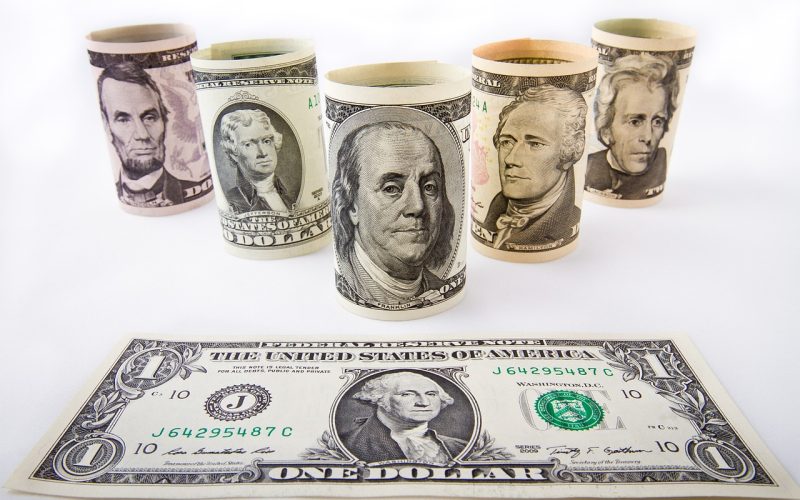In recent years, the relationship between billionaires and government has become increasingly intertwined, raising questions about the influence of wealth on politics and policy-making. As the proverbial saying goes, “money talks,” and it appears that the voices of the ultra-wealthy are echoing louder than ever within the corridors of power.
While the role of money in politics is not a new phenomenon, the scale at which billionaires are wielding their influence is certainly cause for concern. The rise of powerful lobbying groups, campaign contributions, and the revolving door between government and private interests have created a cozy environment for the wealthiest among us to thrive.
One prime example of this symbiotic relationship between billionaires and big government is the realm of tax policy. Despite claims of increasing taxes on the rich, numerous loopholes and exemptions allow the wealthy to minimize their tax burden. These loopholes often result from the close relationships billionaires cultivate with lawmakers and policymakers, allowing them to influence legislation that benefits their interests.
Another area where billionaires find big wins is in government contracts and public-private partnerships. Large corporations owned by billionaires frequently secure lucrative contracts for infrastructure projects, defense contracts, and other government initiatives. These deals not only boost the profits of these companies but also contribute to the consolidation of power in the hands of a few.
Critics argue that this concentration of wealth and influence erodes democratic principles and exacerbates economic inequality. The interests of the few start to supersede the needs and aspirations of the many. The billionaire class effectively shapes policies that favor their businesses, ensuring the perpetuation of their wealth and further widening the wealth gap.
To truly address this issue, we need a multi-faceted approach. First and foremost, campaign finance reform is urgently needed to reduce the influence of money in politics. Stricter regulations on campaign contributions and the elimination of loopholes that allow billionaires to pour unlimited funds into political campaigns are essential steps towards a more equitable system.
Additionally, greater transparency and oversight are needed in the interactions between billionaires and government officials. Robust ethics laws that prevent conflicts of interest and regulate the revolving door between public service and private interests would help curb the undue influence of billionaires in shaping policies that primarily serve their own agenda.
It is crucial for journalists to play an active role in uncovering and reporting on these connections. Through investigative journalism and rigorous fact-checking, reporters can expose the relationships between billionaires and government, shedding light on the extent of their influence. This kind of reporting holds those in power accountable and helps create a more informed and engaged citizenry.
In conclusion, the entanglement of billionaires and big government presents a significant challenge to democracy and equality. It is imperative for society to recognize and address this issue by implementing reforms that curb the influence of money in politics and ensure the interests of the many outweigh the interests of the few. Only then can we strive towards a more just and equitable society where power is not concentrated in the hands of the wealthy elite.












